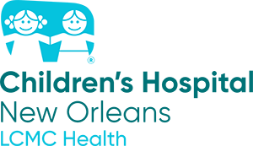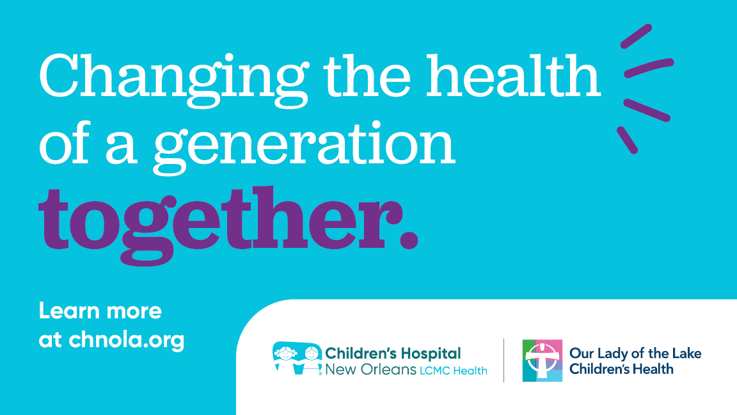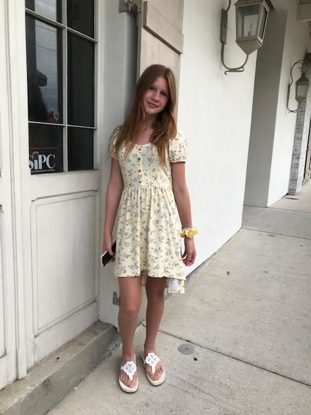Childhood Mood Disorders: Difference Between Being Sad and Diagnosed Depression
- Category: General Health, Mental Health, Parenting
- Posted on:
- Written By: Dr. Hillary Becker and Dr. Diane Franz

Everyone has a bad day or gets in a bad mood from time-to-time, but when it happens more often than not, it may be a sign of something more serious. According to the CDC, one in five children in the U.S. are diagnosed with a significantly impairing mental disorder, and about 20% of those receive care from a specialist. See below if you suspect your child may be impacted by a mood disorder.
Signs a Child Needs Help
- May lose interest in previously enjoyed activities
- Complains of boredom, but nothing excites them or interests them
- Prefers to sleep or spend time in bed
- Has trouble initiating and maintaining friendships
- Becomes irritable, angry, or aggressive
- Overly self-critical/low self-esteem
Types of Mood Disorders
Mood disorders are a group of mental health problems. They are sometimes called affective disorders. These are the most common types:
- Major depressive disorder. A teen with this type has a depressed or irritable mood daily (or almost every day) for at least 2 weeks. Sadness is often accompanied by other signs, including (but not limited to) loss of interest or pleasure in normal activities, sleep disturbance, changes in appetite, difficulty concentrating and thoughts of death or suicide.
- Persistent depressive disorder (dysthymia). A teen with this type has a long-lasting (at least 1 year), low-grade depressed or irritable mood. Sadness is often accompanied by other signs such as low energy, poor self-esteem, and hopelessness.
- Bipolar disorder. This type causes a mix of manic episodes and depressed periods, or times of flat or dulled emotional response. Signs of mania include euphoric or irritable mood (e.g., intense happiness or silliness), talkativeness, decreased need for sleep, distractibility, and risky behaviors.
- Disruptive mood dysregulation disorder. A teen with this type has ongoing irritability. They have a hard time controlling their behavior, such as angry outbursts characterized by physical or verbal aggression.
- Premenstrual dysphoric disorder. This type causes depressive symptoms before a menstrual period. Symptoms may include grouchiness, affective lability, tension, feelings of being overwhelmed, and physical symptoms (e.g., breast tenderness).
- Mood disorder caused by a health problem. Many conditions can trigger symptoms of depression (as described above). These include, but are not limited to, cancer, injuries, infections, and chronic illnesses.
- Substance-induced mood disorder. These are depression symptoms that arise from the effects of medicine or other forms of treatment, drug abuse, or exposure to toxins.
Treating Mood Disorders
Treatment depends on your child’s symptoms, age, and general health. The first step is to talk with your child in a way that is developmentally sensitive and appropriate to their age. Make sure you have established a line of open communication. Check in with adults in your child’s life, such as teachers, coaches, dance instructors, school counselors, etc. Limit screen time and encourage social interaction. Depressed teens often socially withdraw.
When seeking professional help, common treatments include:
- Medication (e.g., antidepressants)
- Cognitive Behavioral Therapy
- Psychotherapy (talk therapy)
- Family therapy
- School input
Children’s Hospital New Orleans behavioral health specialists stand ready to screen and diagnose any child or adolescent that might be struggling with anxiety or depression.
If you suspect your child is experiencing depression, contact Children’s Hospital New Orleans Behavioral Health Center at (504) 896-7200. If you believe your child may become suicidal, contact the National Suicide Prevention Hotline at 1-800-273-TALK (8255) or Crisis Text Line (text HOME or TALK to 741741).



